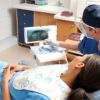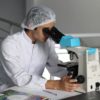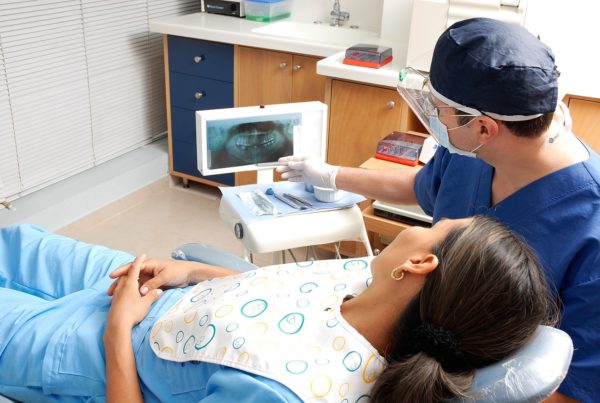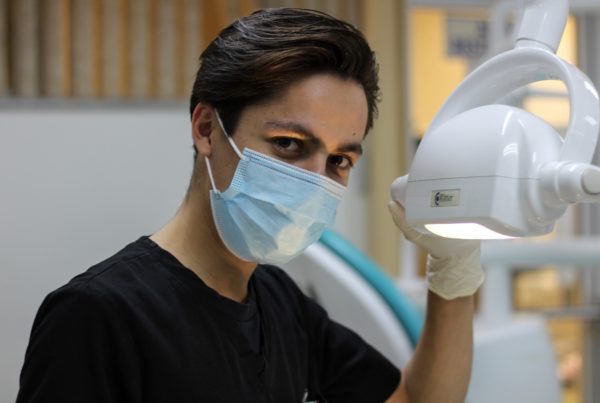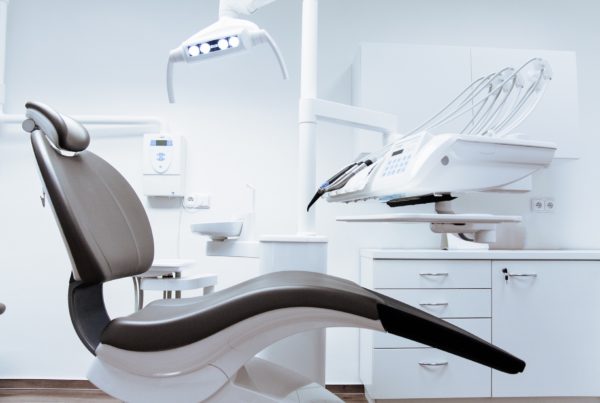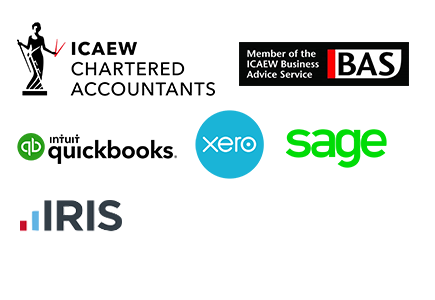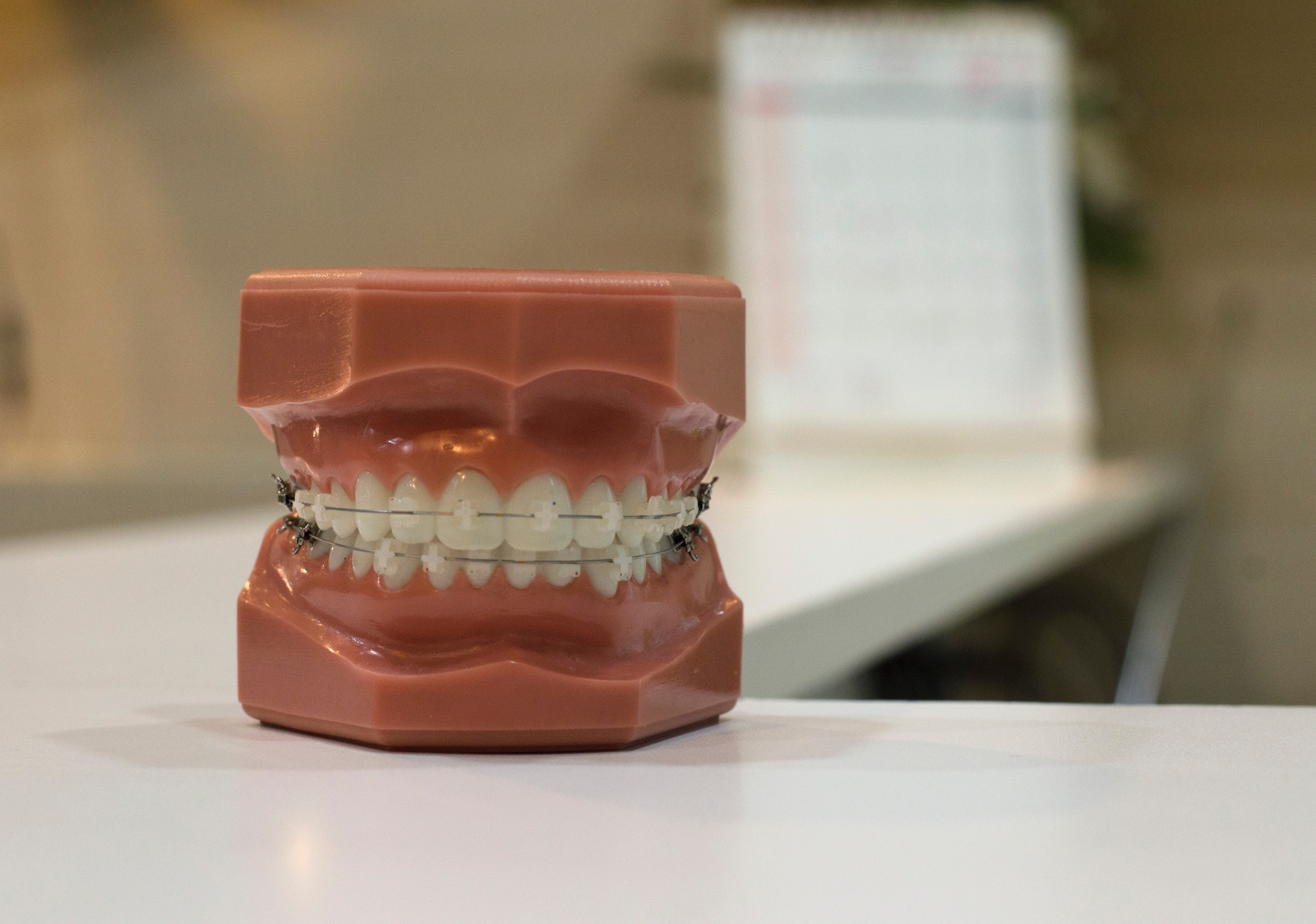
Tax regulation within the UK is known for its complexity and intricacy. With annual changes being enacted and continual modifications to an already complicated system, understanding the regulations set out by HMRC can be increasingly difficult. Indeed, the difficulty in understanding the theoretical basis upon which these regulations are formed is only superseded by the complexities encountered when you attempt to apply these regulations in a practical situation.
For dentists, in particular, understanding your tax liability and increasing your tax efficiency can be overwhelming. Good accountancy for dentists is not simply a case of understanding the general principles which govern taxation within the UK. Instead, dental accountancy involves even more complex regulations due to the niche area of those working as dentists and medical professionals.
Furthermore, the range of dental practice structures and terms of employment can add to the complicated nature of dental accountancy. With the majority of dentists focusing on providing their patients with an exemplary service, managing their practices and completing continued professional development training, attempting to manage their own personal accounting can simply be too much to handle by themselves and so it often gets neglected.
As a result, dentists and dental nurses routinely miss out on employing tax efficiency strategies when it comes to their own accounting. Due to this, they tend to overpay when it comes to tax and overestimate their liability as they do not know what they can claim back. With dedicated dental accountancy advice, however, dentists can successfully reduce their tax liability and minimise their costs accordingly.
How are associate dentists paid?
Although they aren’t practice owners, associate dentists can be paid in more than one way. Whilst some associate dentists are employed by a practice, many operate as independent contractors. For associate dentists who are employed, their tax status is relatively simple. If you’re employed by a limited company, for example, it’s likely that your tax will be calculated and deducted from your wages at source, in accordance with the Pay-As-You-Earn (PAYE) scheme. Similarly, your National Insurance (NI) contributions can be deducted at source as well, thus eliminating any confusion and difficulty in terms of tax liability. You simply get your payslip each month, showing all of your tax deductions and liabilities.
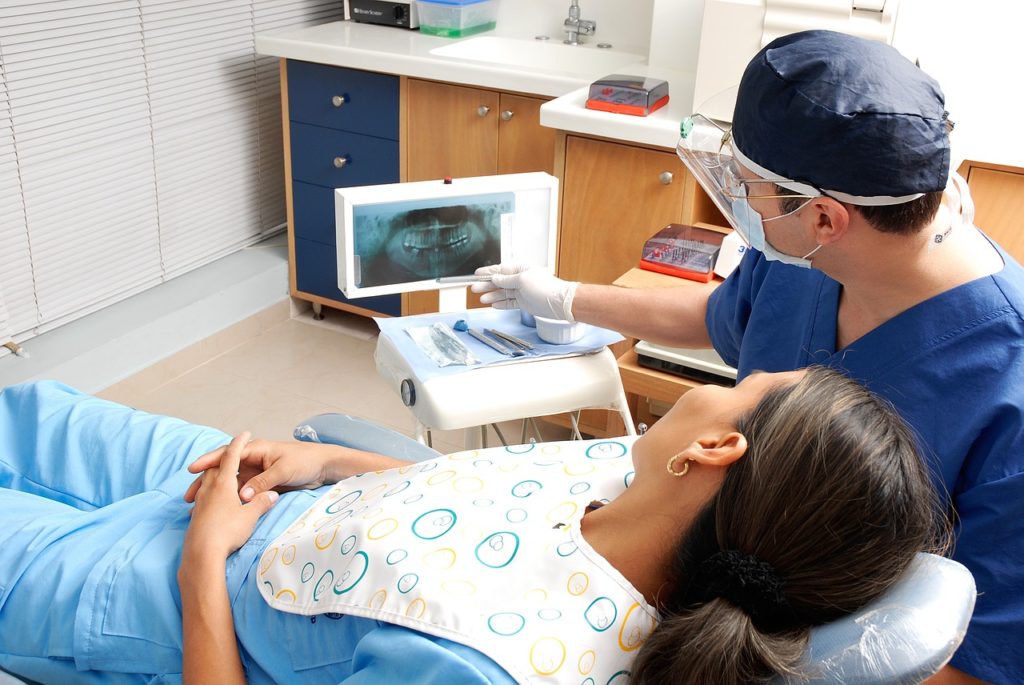
For associate dentists who operate as independent contractors, though, the situation is a little more complex. As an independent contractor, you will be responsible for your own tax status. Although it is possible for an associate dentist to set up their own limited company under which they can operate, many associate dentists choose to operate as self-employed sole traders. In such cases, they must pay income tax on their earnings and make appropriate National Insurance contributions through an annual tax return.
Whilst independent contractors are liable to pay income tax, they are also responsible for managing their own tax liability. To this end, associate dentists who are operating as independent contractors must maintain their own records and submit their accounts to HMRC in accordance with the relevant guidelines or seek professional assistance.
Claiming back expenses
Limited companies must pay corporation tax on their profits, whilst sole traders are required to pay income tax on their profits. However, if you incur business expenditure, this should be deducted from your profits before your tax is calculated. This reduces your profitable earnings and, therefore, minimises your tax liability.
Of course, there are rules governing what constitutes a business expense, so you will only be able to declare something as a business expense if it fits the relevant criteria. Predictably, this isn’t always clear from the outset, so dental accountancy specialists may be required to provide you with tailored advice.
Typically, dentists can claim the following costs as business expenses:
- Indemnity insurance
- GDC registration (see fee tables here)
- Accountancy software (such as Xero, Quickbooks, Sage, etc)
- Relevant legal and professional fees
- Lab fees
- Protective clothing
- Administrative costs, including printing and stationery
- Minor equipment
- IT hardware
If an associate dentist is operating as the director of their own limited company, they could also receive tax-free benefits, providing they are related to their employment. These could include pensions, advice relating to pensions, life insurance policies, mobile phones and even transport to and from work. However, associate dentists who are self-employed independent contractors won’t be able to receive these tax-free benefits, even if they are related to their employment.
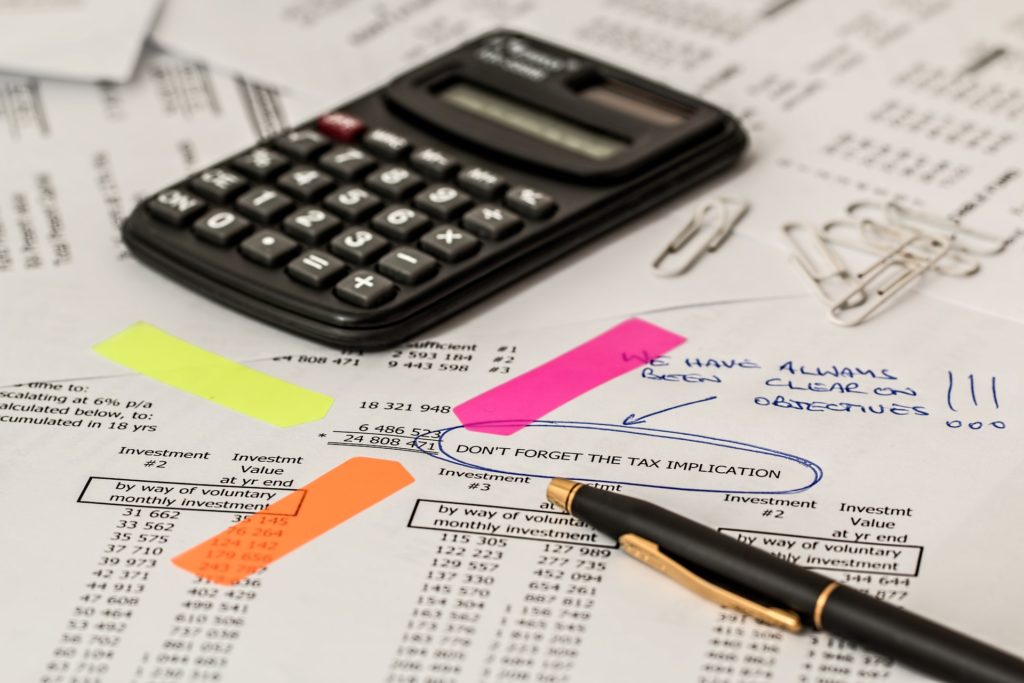
Determining whether something is a genuine business expense may seem straightforward, but the rules can be opaque. Whilst accountancy fees are clearly related to the business, for example, the cost of preparing a director’s accounts cannot be included as a business expense for the purposes of tax reduction. Being aware of these intricacies can mean the difference between submitting an accurate tax return and being non-compliant in HMRC’s view, so it’s vital you are aware of all of the rules governing these areas or that you seek specialist dental accountancy services.
Claiming travel expenses as an associate dentist
Travelling from your home to your workplace is defined as commuting, which can’t usually be claimed for as a business expense. However, if you visit a patient at home, attend team meetings in an alternative location or attend CPD courses, for example, the cost of travelling to and from these locations could be claimed back.
If you are a locum associate dentist, however, there may be more scope for claiming back travel expenses. As your workplace is considered temporary, if you are a locum, then your travel costs can normally be claimed back. Furthermore, when you’re working at a temporary location, you can claim back the cost of travelling to and from the location, as well as accommodation, parking costs and even food and drink.
Confusion can arise when associate dentists operate from multiple locations or work for various practices.
If you work as a self-employed associate dentist and work for Practice A on Mondays and Tuesdays, for example, and Practice B on Wednesdays, Thursdays and Fridays, does this equate to either of them being a temporary place of work?
Sadly not. Working from multiple locations does not automatically enable you to claim travel costs or establish you as a locum and you would not, therefore, be able to claim your travel costs as a business expense. If you are asked to work from multiple locations on a temporary basis, however, the cost of travel to and from the temporary workplace location may be considered a business expense and could, therefore, be deducted from your profits or earnings.
Are motoring costs deductible?
Although motoring costs can be deductible for associate dentists, it’s important to note that you won’t be able to claim back motoring costs in relation to your commute. However, if you wish to claim back motoring costs in relation to travelling to CPD training or conducting home visits, for example, you can do so in a variety of ways.
Firstly, you could rent your vehicle to the business at an agreed rate for mileage. These rates are set out by HMRC and are currently; 45p per mile for a van or car, 24p per mile for a motorcycle or 20p per mile for a bicycle.

Secondly, the business could own the vehicle and pay for all its related costs, such as road tax and insurance. You will then need to segment business-related and non-business-related motoring costs, as only the business-related costs will be deductible. If you are a director of a limited company, however, there is no need to make the distinction between non-business and business-related motoring costs, as you will pay a benefit in kind instead.
Is professional training a business expense?
Dentists are required to undertake continuing professional development, and related courses or training programs are usually tax-deductible. Similarly, the cost of travelling to and from the training location and subsistence can be claimed back too. However, if there is a dual purpose to your trip, you would not be able to claim subsistence as a business expense. This may apply if you plan to visit friends who live in the area whilst you’re attending a CPD course, for example.
However, continuing professional development is designed to update existing knowledge and skills. If an associate dentist undertakes training to acquire new skills and knowledge, this will not, necessarily, be a deductible expense in terms of your income. Instead, it may be deemed a capital expense of the business. If the associate dentist operates as a limited company, it is possible that they could try claiming this back as a capital expense or a practice which funds the training of employees or independent contractors could attempt to do the same.
However, HMRC’s approach to training as a capital expenditure cannot be guaranteed and could be subject to change. As a result, any professional who is considering undertaking further training or obtaining additional qualifications should seek specialist dental accountancy advice prior to doing so.
Accountancy for Associate Dentists
Managing your tax liability as an associate dentist can be tricky, particularly as HMRC’s regulations are subject to frequent changes. Due to this, obtaining professional dental accountancy advice is usually advantageous. By working with an experienced dental accountant, you can ensure that you are fully compliant with HMRC regulations and that you are reducing your liability by operating in a tax-efficient manner.


